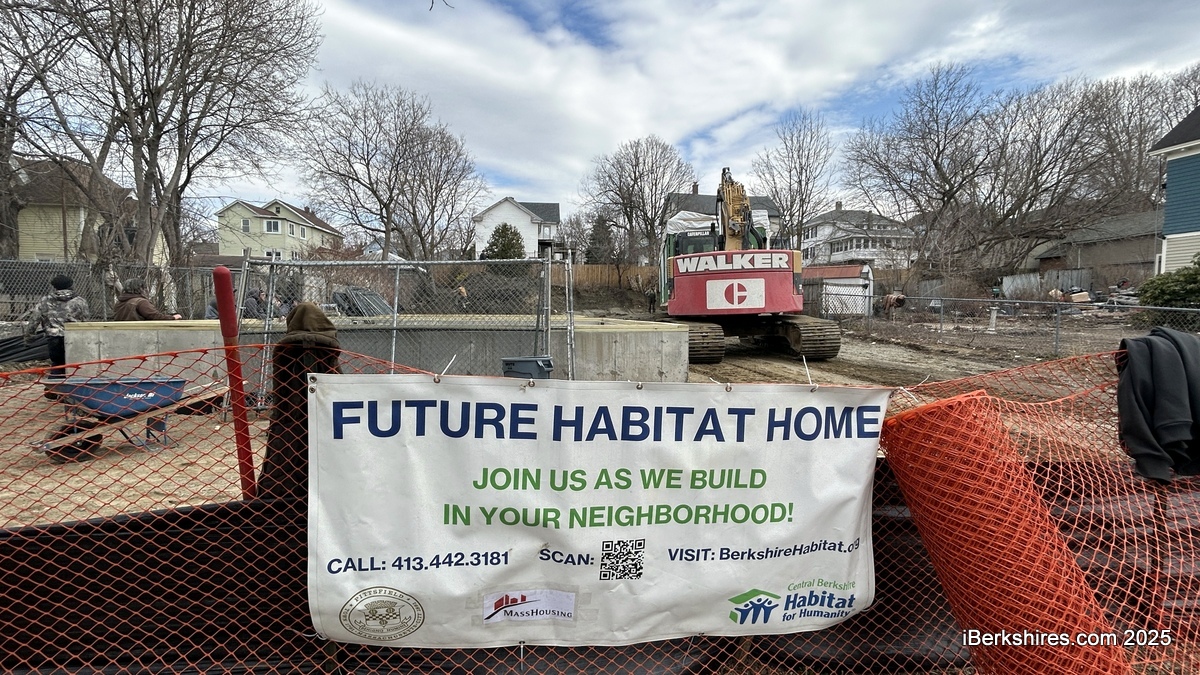
Clarksburg Board Raises Stink Over Sewer Scofflaws
 |
Dozens of residents owe more than $27,000 in sewer fees for 2008, which put the sewer fund $7,000 in the hole for the year.
Speaking to the television audience at Wednesday's videotaped meeting, Selectmen Chairwoman Debra LeFave said if scofflaws didn't pay up quickly the board would decide at its next meeting whether to prominently publish their names.
"Due to the fact that now people who aren't even on this sewer are paying this increase, by the next meeting I would like to have a motion to publish the names of the people who are delinquent on their [sewer bills]," said LeFave.
The town has been able in the past to handle a few thousand in delinquencies but this year found itself $7,000 in the hole. Two weeks ago, the state Department of Revenue ordered that the fund be replenished — to the tune of $30,000.
The fund has to have a reserve, said Town Administrator Michael Canales, and should have had $20,000 at this point.
While some people have been trying "diligently" to pay down their debt, others haven't, he said. "You don't just ignore it and hope it goes away."
"It isn't fair to people who pay their taxes, pay their sewer bill, pay their water bill," said Selectwoman Lily Kuzia, "and people don't have the sewer have to pay taxes for a sewer they don't have."
Once the revenue begins flowing back into the sewer account, a town meeting will have to set up a system to pay the funds back into town accounts over a period of time. "We've already lost on this year's tax rate. You're not going to change that," said Canales.
The town's tax rate was set to rise 10 cents on a $1,000 valuation; instead, it will jump a full 40 cents to $10.03 per $1,000. That means someone with a house valued at $100,000 will see her tax bill rise $40.
"We put in a lot of effort to not raise taxes," said Selectman Carl McKinney. "If this didn't happen our tax rate wouldn't really have changed much, considering how high everything has gone up."
But those tax troubles are minor compared to the damage that could be done when the state slashes local aid, as is expected. Canales said the town could lose anywhere from $40,000 to $170,000 depending how cuts are determined — and that's just the mid-year cuts for fiscal 2009.
He's held off asking for department heads to submit their budget needs until after Gov. Deval Patrick releases his plan to bridge a $1.1 billion budget gap in two weeks. There's no use starting a budgeting process until those numbers are released, he said.
McKinney urged residents to contact their legislator; LeFave said lawmakers shouldn't be offering to give their mandated raise to charity but giving it back to the towns.
People are having trouble making ends meet, said McKinney, urging residents who were having difficulties paying their sewer or other fees to contact town officials rather than waiting until it's too late.
In other action:
The move would also clear up a controversial situation in which a town official was selling the insurance at Town Hall. The town had requested an opinion from the state Ethics Commission on the matter. Ryan said that situation would cease and the plans redone through another representative.
LeFave asked if the seller, whom the board declined to name, would be able keep the commissions: "I don't want anybody to be hurt from this." Ryan said the seller would keep the commissions.
















